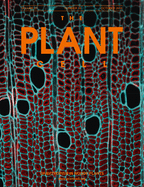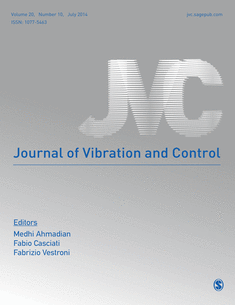A paper on how plants respond to bacteria has an invader of its own — data manipulation.
The “irregularities and inappropriate data manipulation” were found in a figure produced by the first author, Ching-Wei Chen, whose LinkedIn page lists him as a student at the National Taiwan University. The authors were unable to replicate the results in the figure, according to the note.
The authors are doing more experiments to verify the main conclusion of the 2014 paper, “The Arabidopsis Malectin-Like Leucine-Rich Repeat Receptor-Like Kinase IOS1 Associates with the Pattern Recognition Receptors FLS2 and EFR and Is Critical for Priming of Pattern-Triggered Immunity,” published in The Plant Cell.
The retraction note explains the what happened in more detail:
Continue reading Paper on plant immunity can’t fight off manipulation






 ow.”
ow.”

